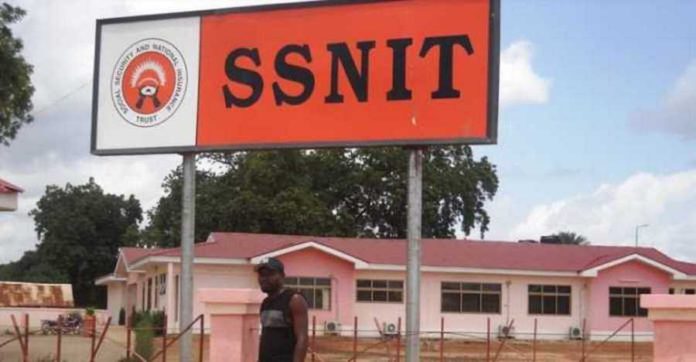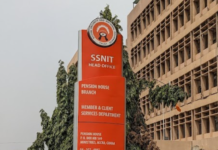
The Social Security and National Insurance Trust (SSNIT) says it has retrieved 132 million Ghana Cedis from 2,272 cases filed at the law court within the first half of 2023.
The cases were related to employers who failed to honour statutory social security obligations on behalf of their employees.
The Director-General of SSNIT, Dr John Ofori-Tenkorang, made this known at the 4th edition of the Employers Breakfast Meeting held on the theme, “Providing Pension For All, The Role Of Employers” in Accra.
He indicated that as of the end of 2022, there were 83,773 active establishments on the SSNIT database with 63,667 complying with social security obligations, representing a 76 per cent compliance rate.
He said resorting to prosecution to collect revenue was not the focus of SSNIT as the organisation prioritised engagement with stakeholders to ensure that the benefit of the SSNIT scheme was well understood and accepted.
“Most of the contributions that we collect are not through prosecutions, because employers willingly do the right thing and pay the monies so we don’t have to go and chase them.
“We collect billions of Ghana cedis without resorting to summons or going to the law court and that is how I want our business to operate…I look forward to a day when compliance will be 100 per cent,” he said.
Dr Ofori- Tenkorang said employers must be interested in having friends and relatives engaged in the informal sector join SSNIT through the Self-Employed Enrolment Drive (SEED) to secure their income.
He urged Ghanaians to think of SSNIT as an income replacement scheme and not an investment scheme that would in the future give back about 60 per cent of their income when they are no longer gainfully employed.
Mr Alex Frimpong, Chief Executive Officer (CEO) of the Ghana Employers Association, said the future of the SSNIT pension scheme in the country needed to be situated within the context of increasing life expectancy and cutting down high unemployment among the youthful population.
He highlighted the need for a conversation on the phenomenon among stakeholders to prevent any unforeseen circumstances that could erode the gains made in securing the future of citizens through pension schemes.
ALSO READ:






